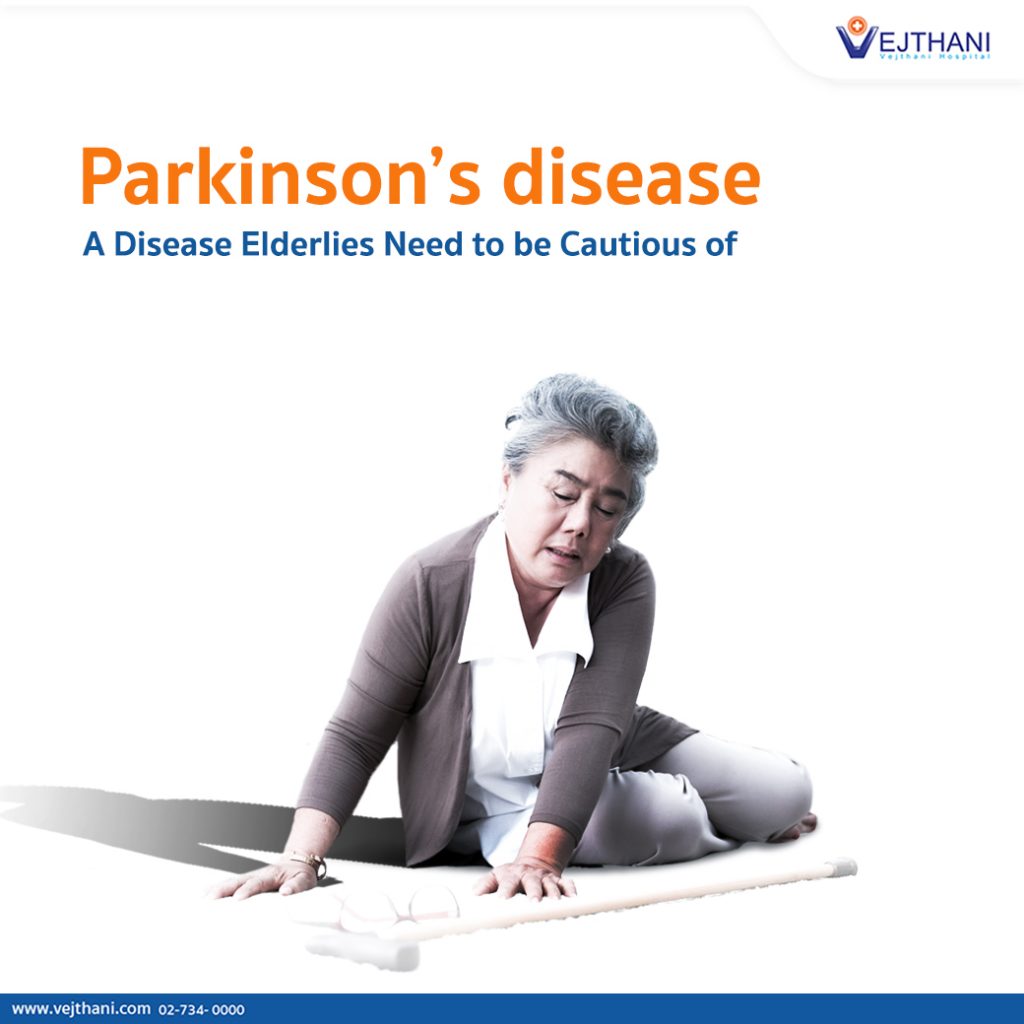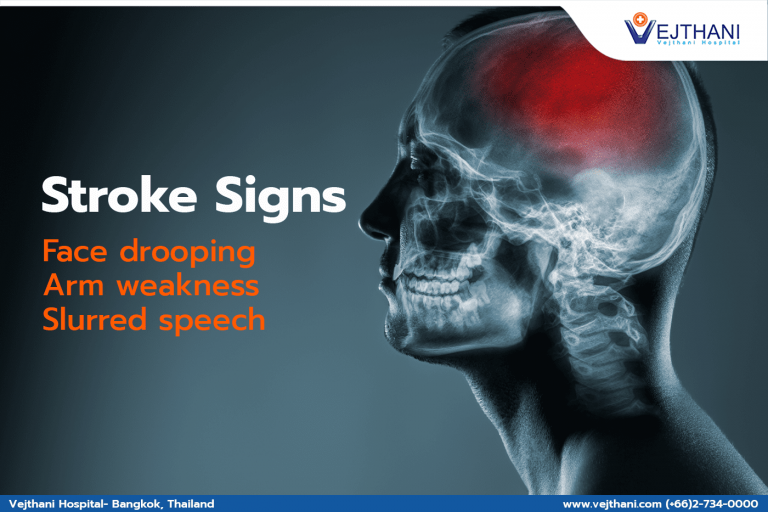

Parkinson’s disease is a neurodegenerative disorder that affects dopamine production which causes the decrease of dopamine in the body. This affects the control of body movements, as well as emotions and behaviors. The patient with Parkinson’s disease usually have the following symptoms;
Physical Symptoms of Parkinson’s disease
- Shaking
- Slow-movement
- Postural instability
- Dystonia
- Fall’s down easily
- Slow speech
- Lack of facial expression
- Drooling
Psychiatric Symptoms of Parkinson’s disease
- Depression
- Anxiety
- Other psychiatric aspect symptoms
Other Symptoms
- Sleep disorder
- Constipation
- Urinary incontinence
- Abnormal sense of smell and taste
- Unknown cause of shoulder and back pain
However, the cause of Parkinson’s disease is unknown, but there are some risk factors causing Parkinson’s disease which include:
- Genetic factor: Having abnormal genes or a close relative or family member with Parkinson’s disease might increase more risk.
- Environmental factor: Exposure to herbicides or chemicals for a long period of time might increases more risk.
Currently, Parkinson’s disease cannot be cured. The specialist can only provide treatments that can control the symptoms and the severity of the disease, which are the following:
- Control body movement disorder symptoms with medicines affecting dopamine actions.
- Provide symptom-specific treatment on conditions such as depression, sleep disorders, constipation, etc.
- Deep Brain Stimulation or DBS: this surgical treatment for Parkinson’s disease may be performed to implant the electrodes in the brain area responsible for body movements to control the nerve’s function.
The specialist will be the one who will consider and plan the proper treatment for each patient.
- Readers Rating
- Rated 5 stars
5 / 5 ( Reviewers) - Spectacular
- Your Rating























